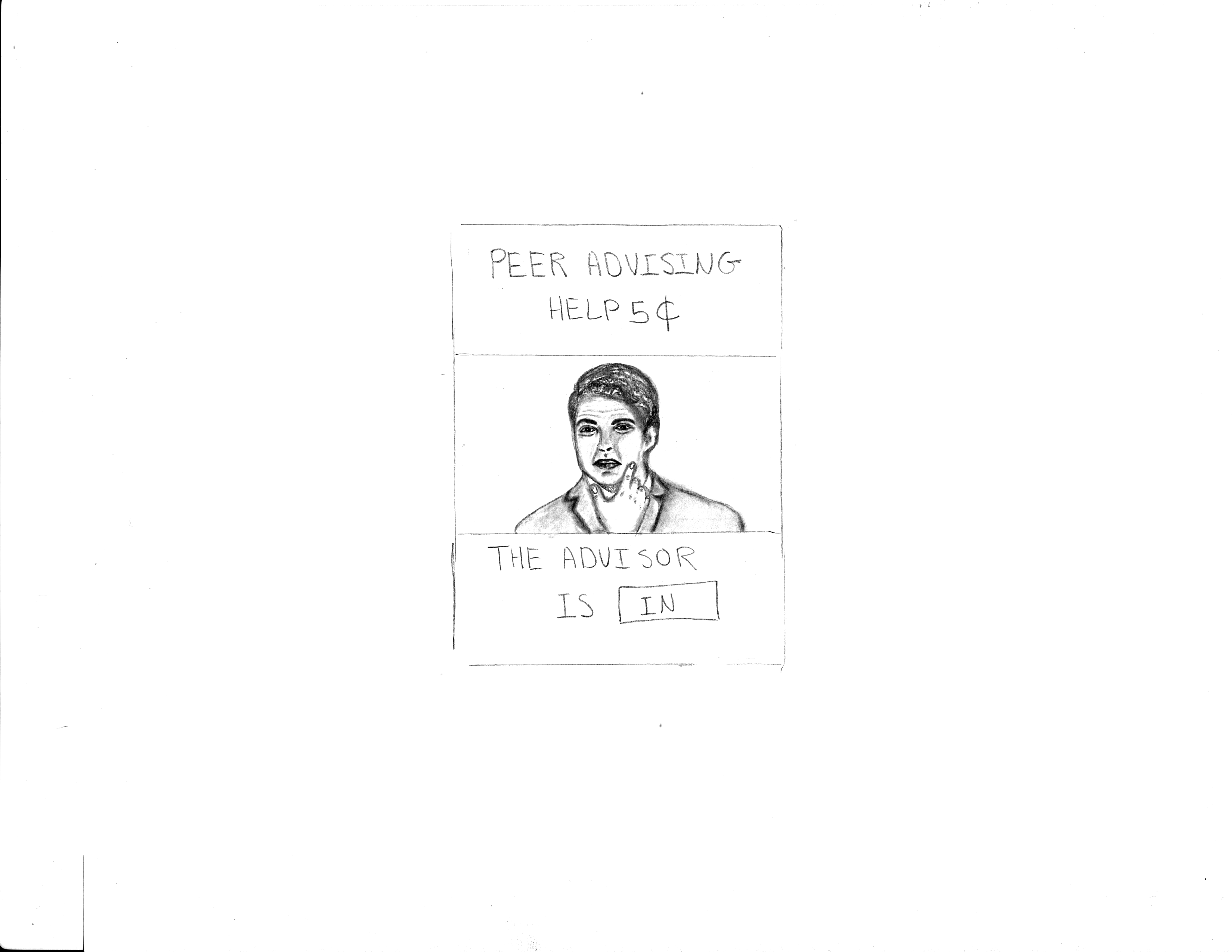In the next few weeks, Georgetown’s admitted students will commit to becoming members of the Class of 2019. Over the summer, incoming freshmen have the option to communicate with upperclassmen peer advisors, who are chosen by the deans and staff members of the undergraduate schools, about the transition to college life.
Unfortunately, as the program stands right now, the peer advisor programs are not much more than an additional line on the resumes of upperclassmen. Incoming freshmen can read the individual biographies of each peer advisor and email questions, but that is, for many people, the extent of their possible interactions. Sometimes, a reply from the advisor isn’t even guaranteed, making them seem even more remote.
Pre-registration, time management, extracurricular options, and the roommate search are undoubtedly some key questions all incoming students face in their summer before Georgetown. However, their experience with their new college is likely limited to a Blue and Gray tour that they may have participated in during GAAP week. Some students may not even have had an opportunity to step foot onto campus. Soliciting inquiry emails thus creates a lose-lose situation. Admitted students do not know what questions to ask and how to ask them, so their peer advisors, while with good intentions, are unable to provide them with useful answers.
We urge deans in the four undergraduate schools to consider revising the Peer Mentor system based on how the Georgetown Admissions Ambassador Program organizes their state, transfer, and international chairs programs for prospective students. In a similar fashion, peer advisors could organize themselves by state, by major city, or by country for incoming students. Deans could require them to proactively reach out to those who live in the region and host coffee chats or informal gatherings, in order to not only to create an accessible space to get general advice, but also to provide a way for new students to meet each other, as the students already do independently through their GAAP Facebook group.
All peer advisors should aim to create long-term connections into the school year. However, they cannot cultivate and catalyze such relationships without face-to-face contact. By placing more emphasis on personal social interactions and less on the chore of answering emails, deans should reshape peer advisors into more proactive and valuable mentors who can guide freshmen to their new home on the Hilltop.
Illustration: River Davis/Georgetown Voice





